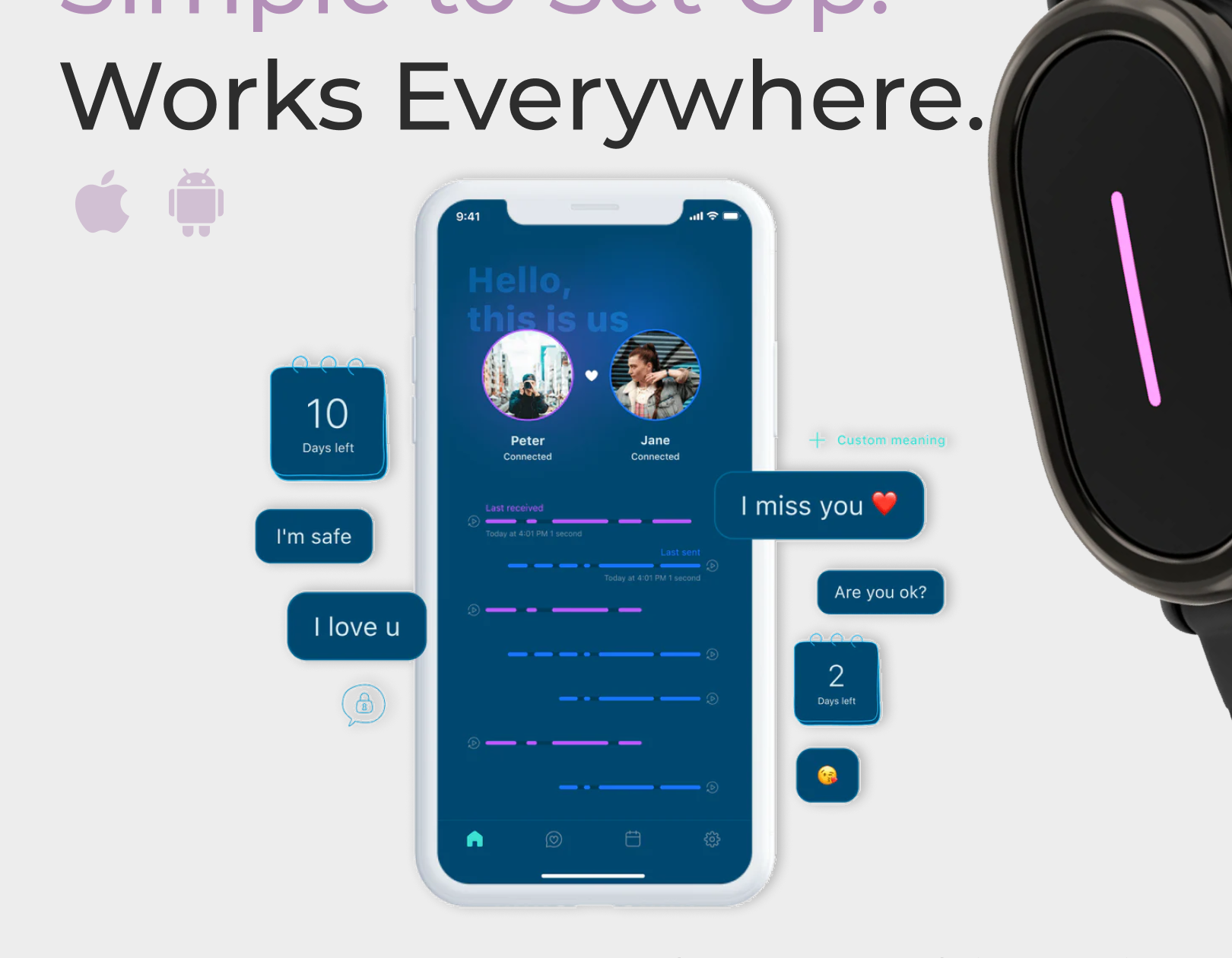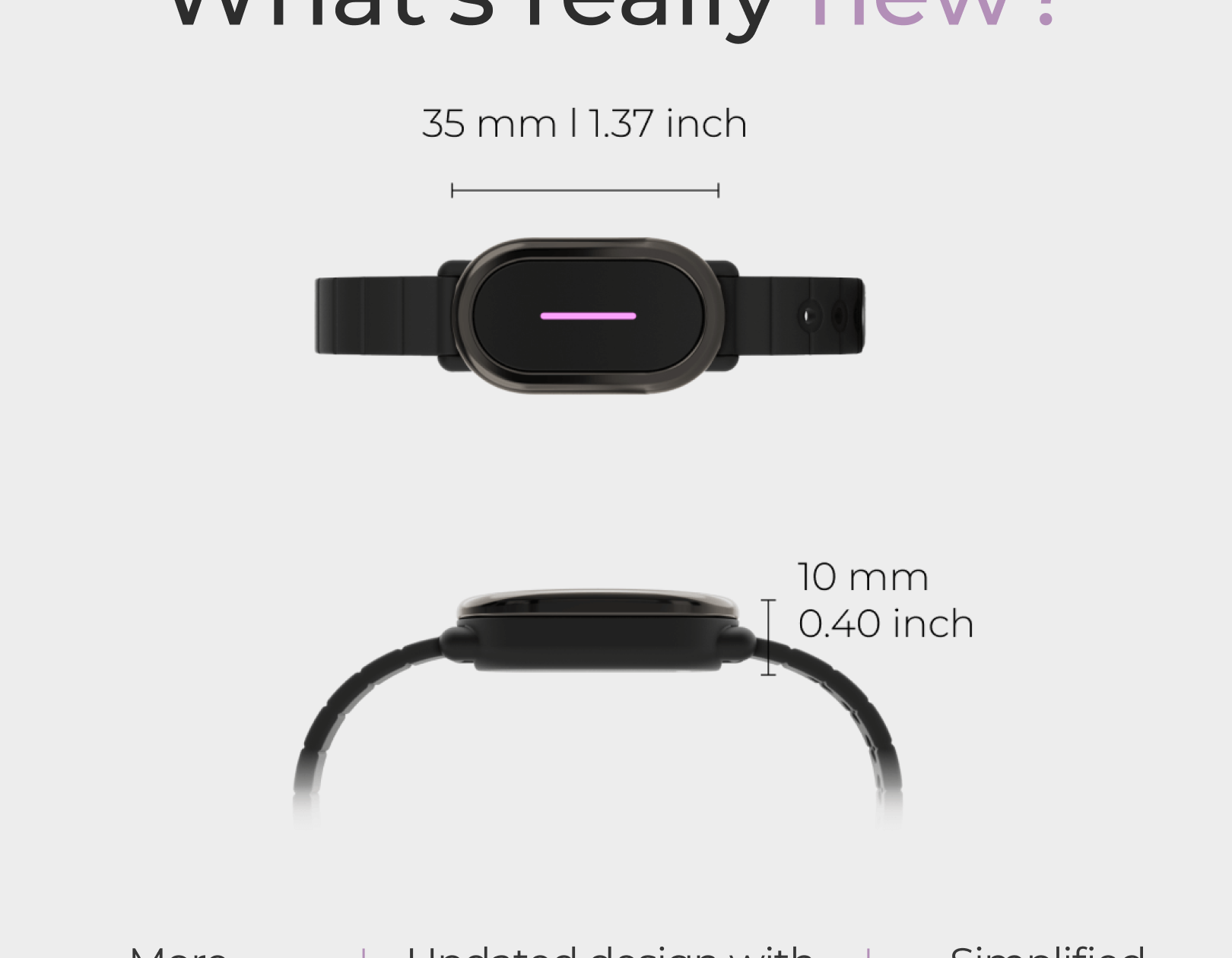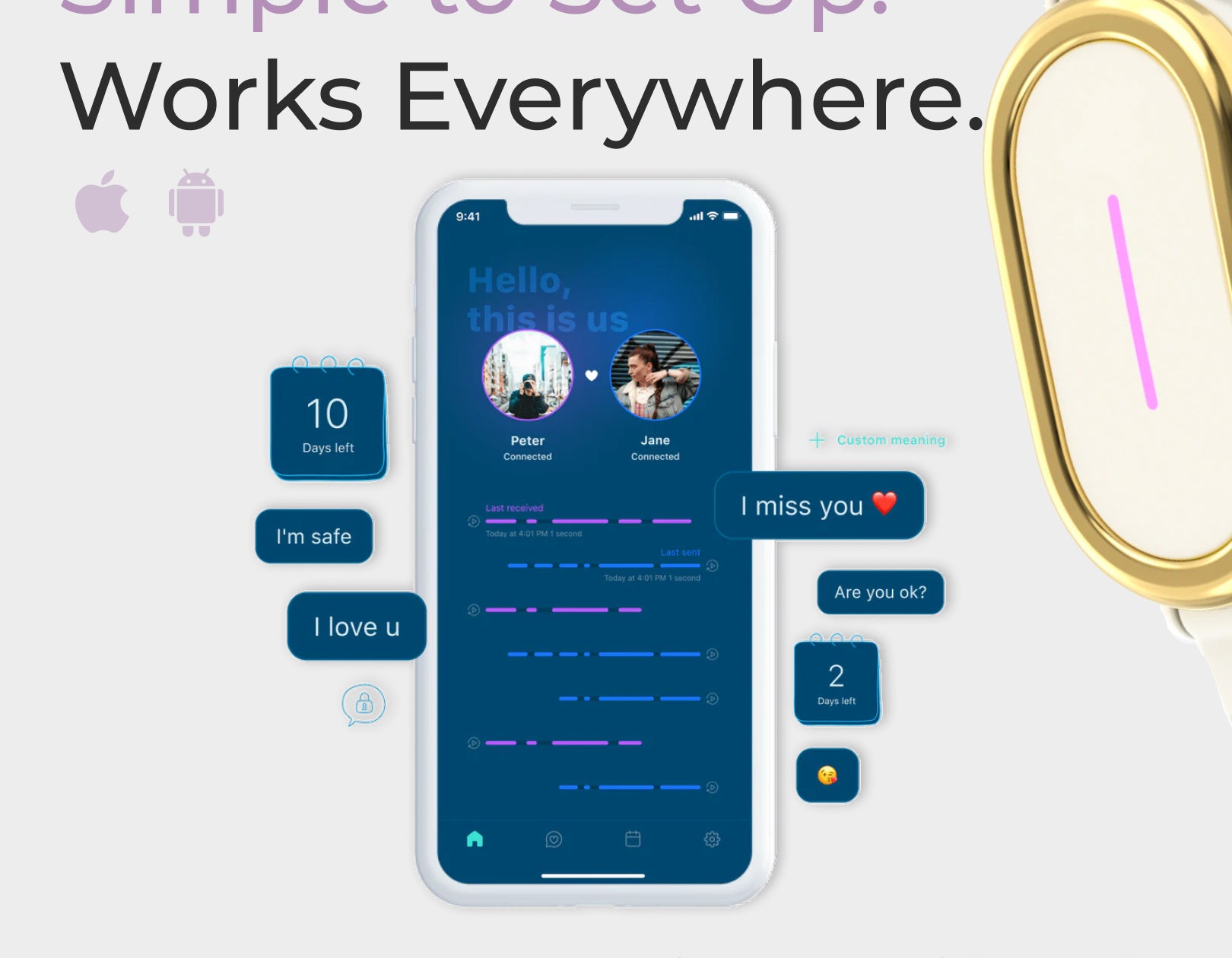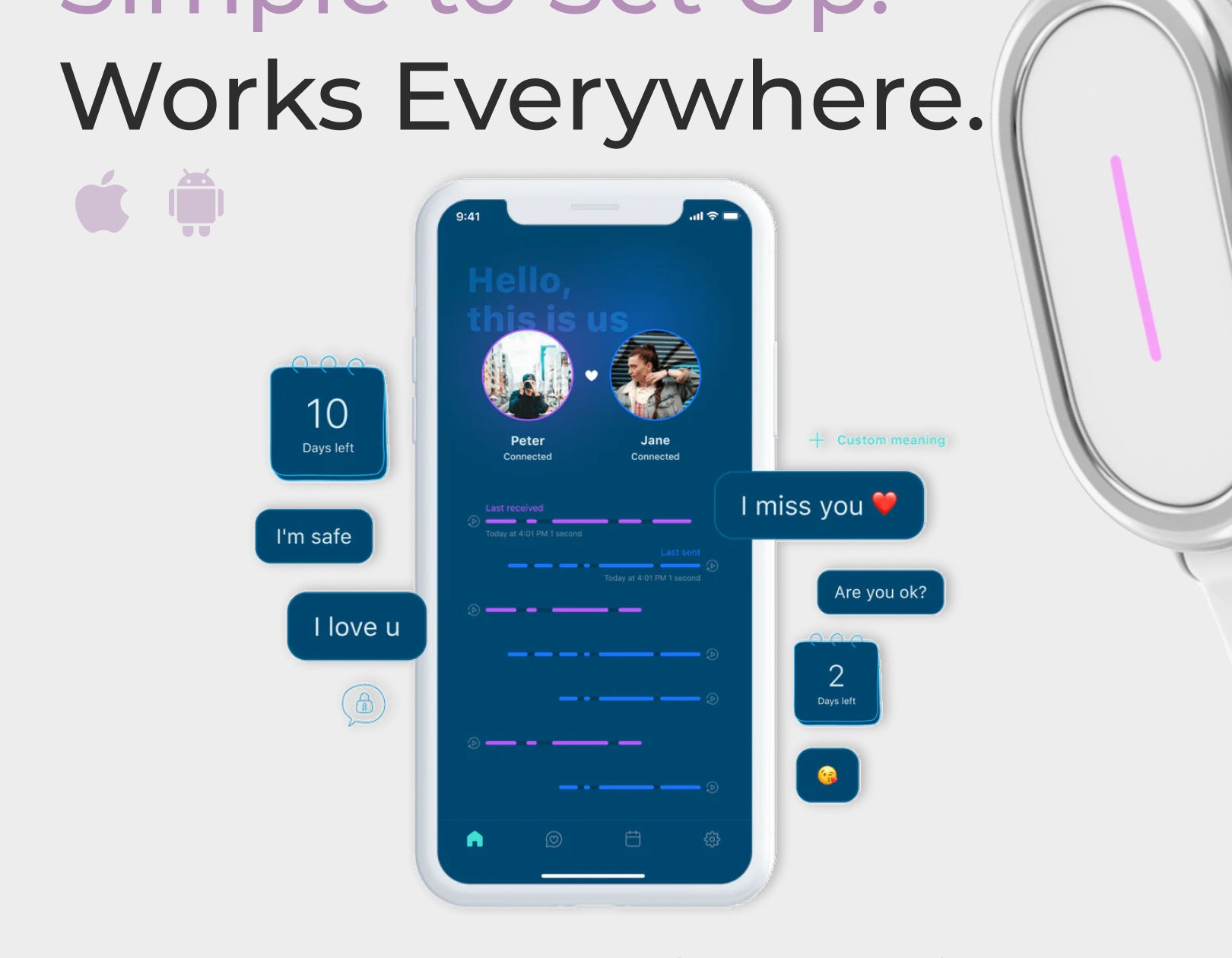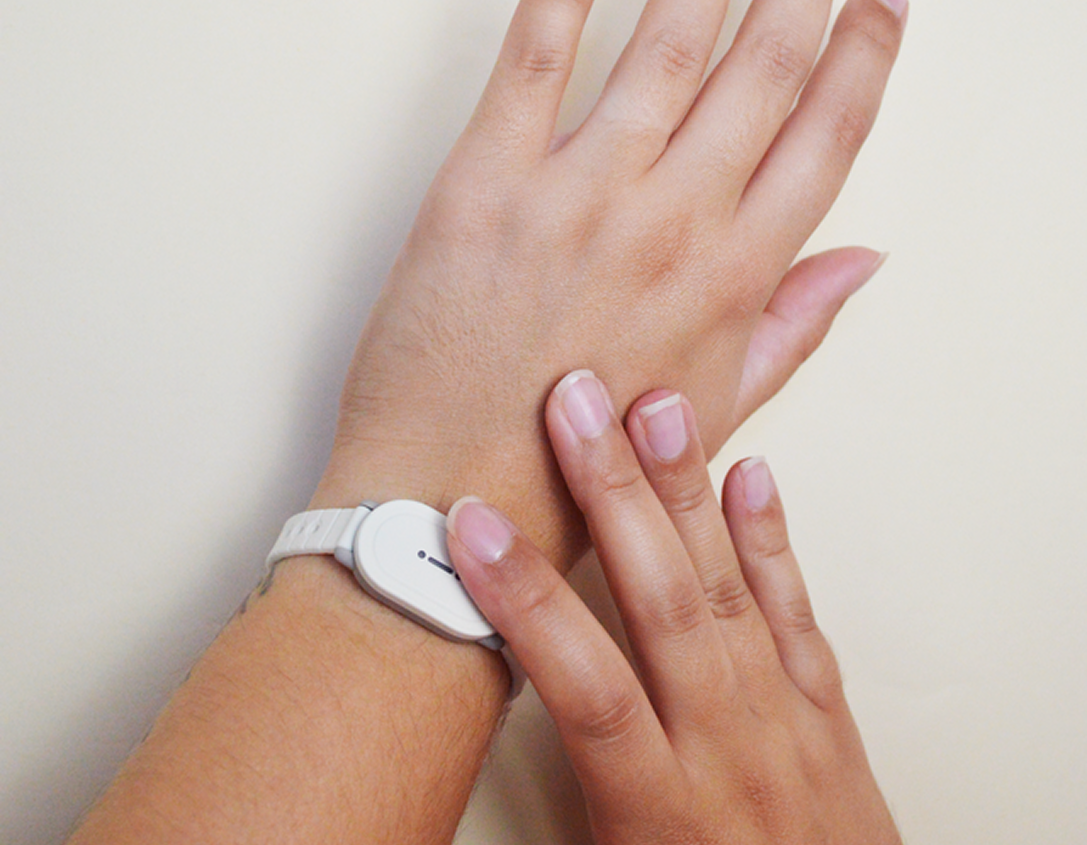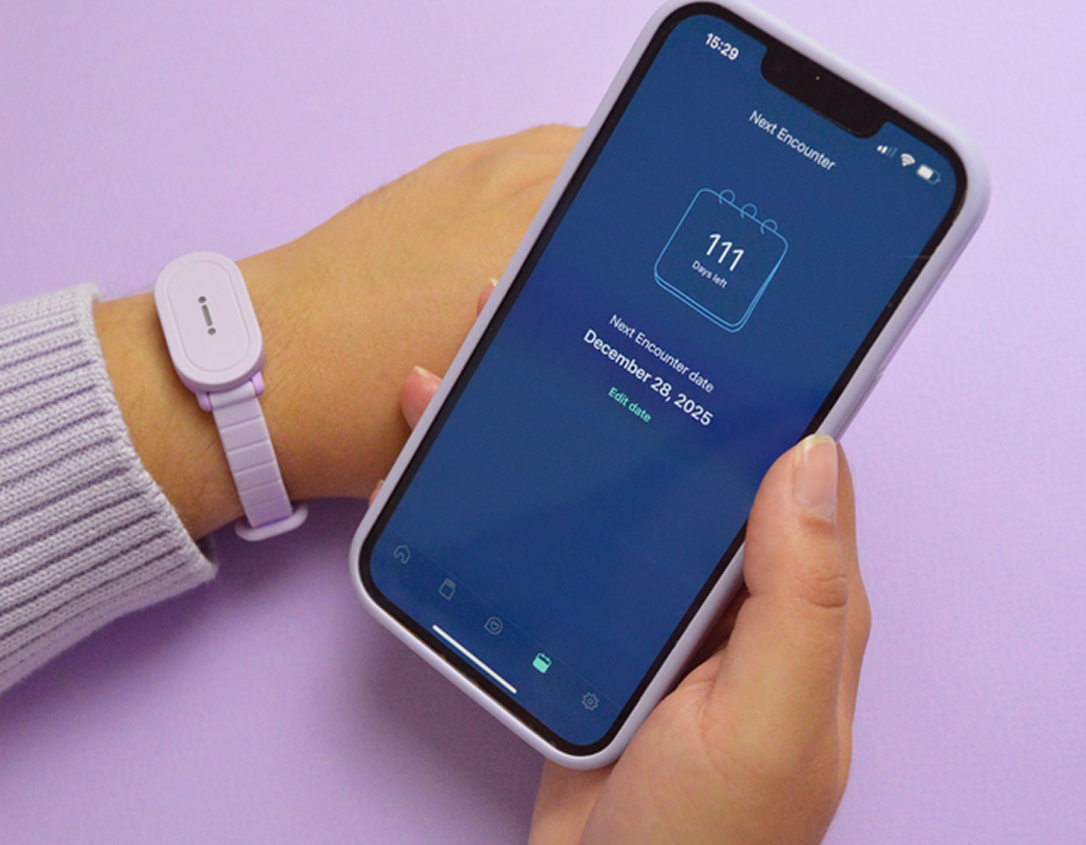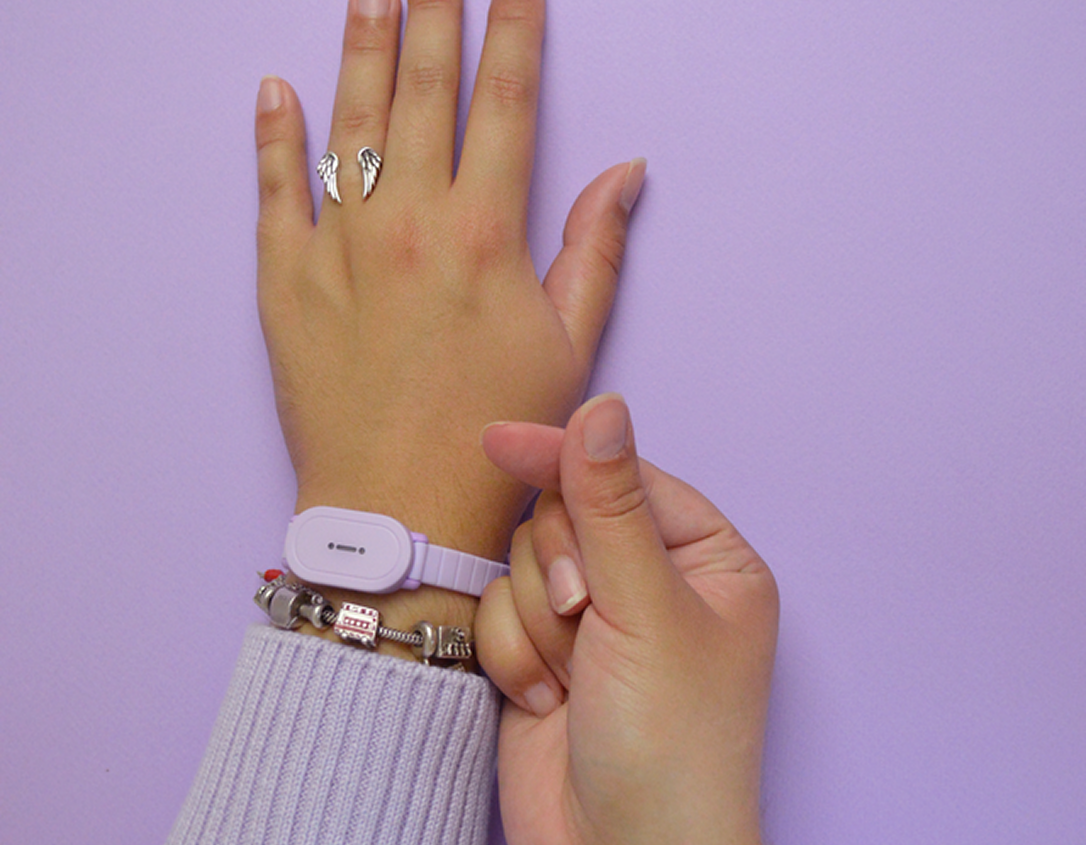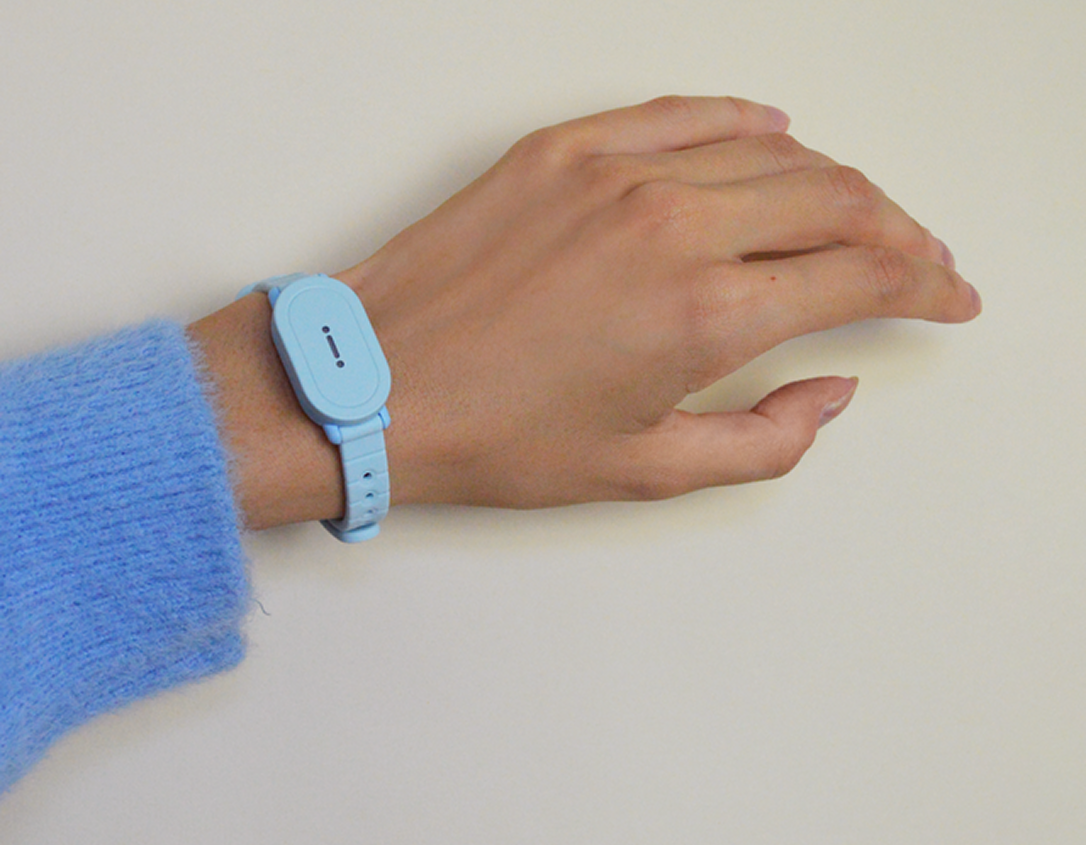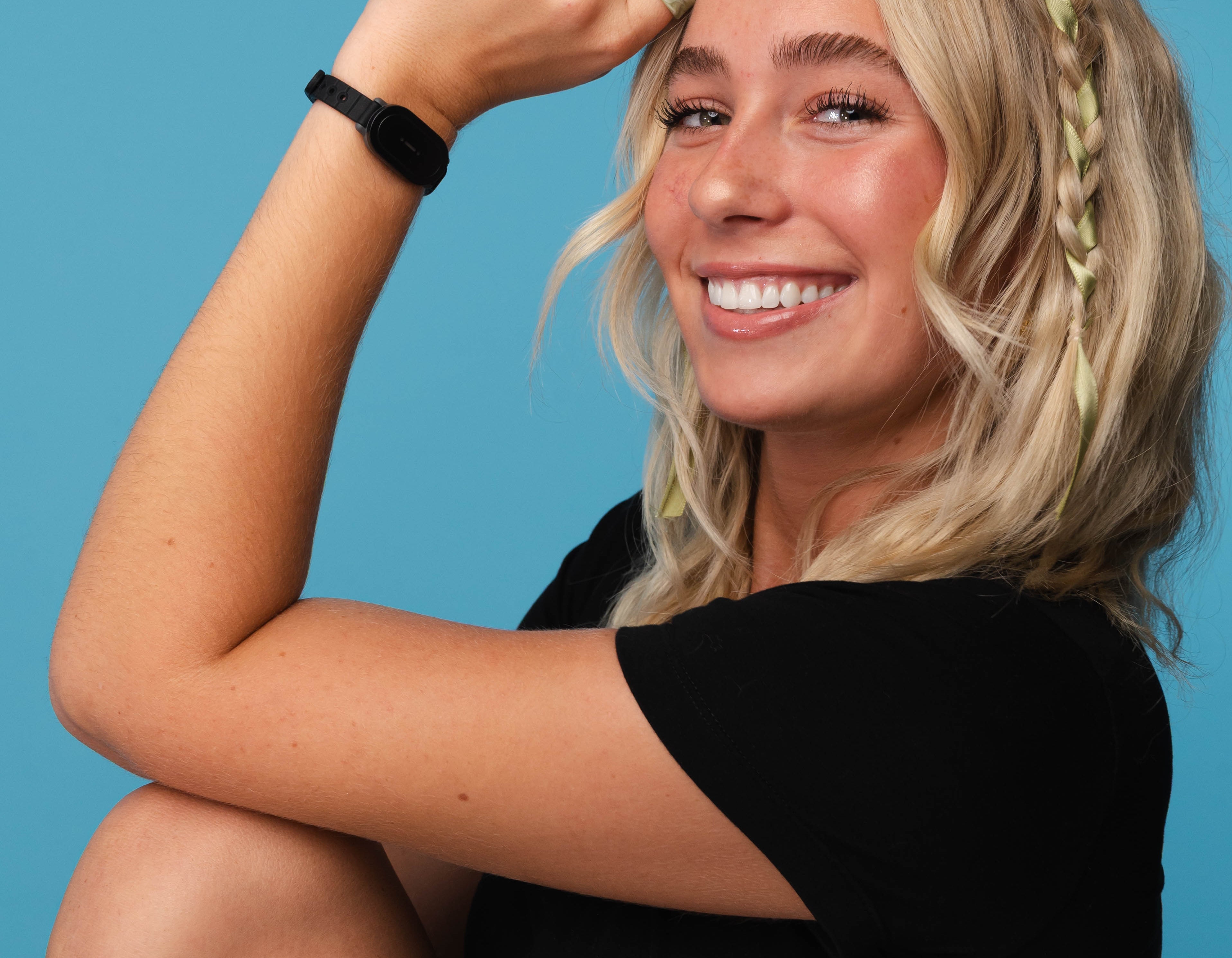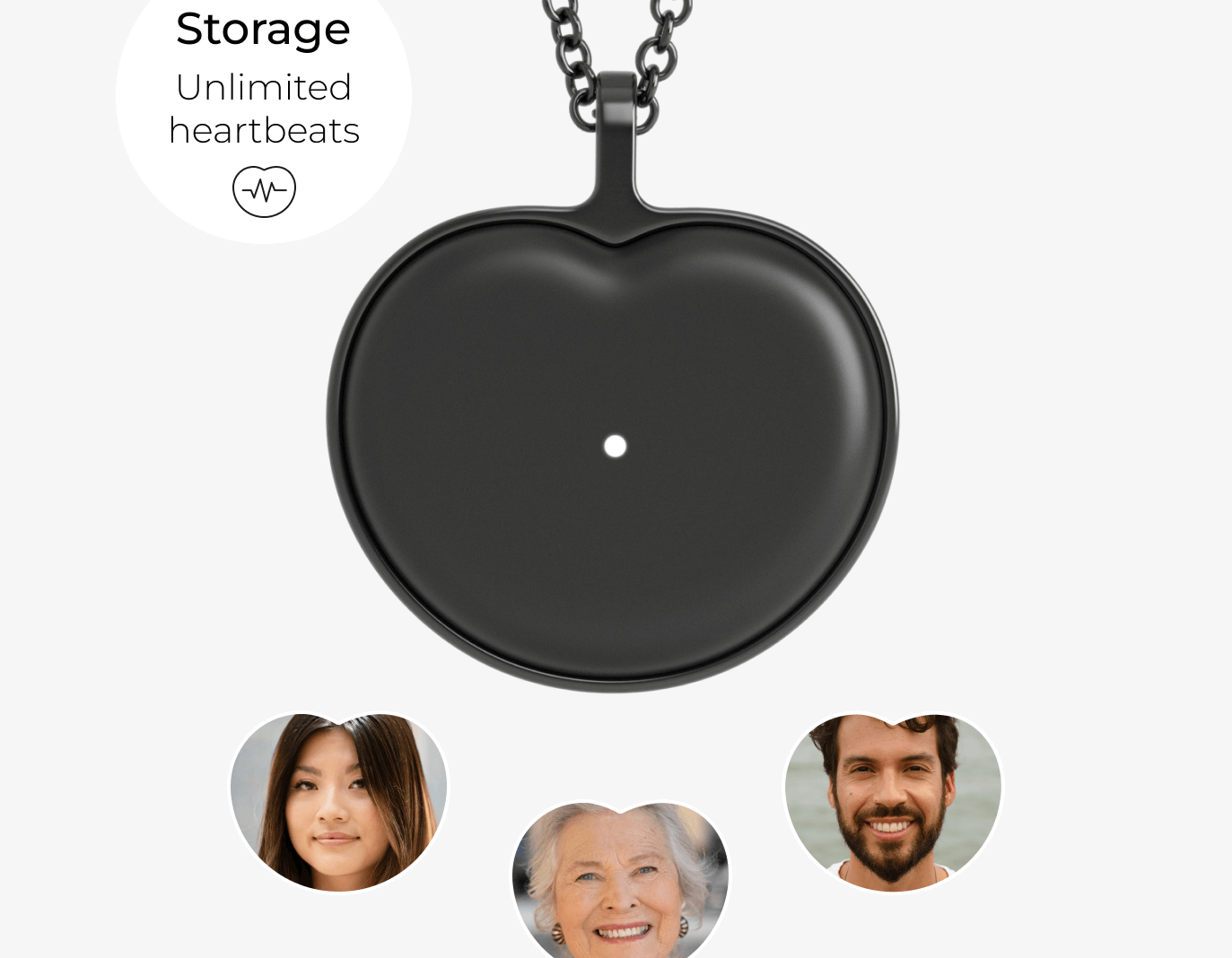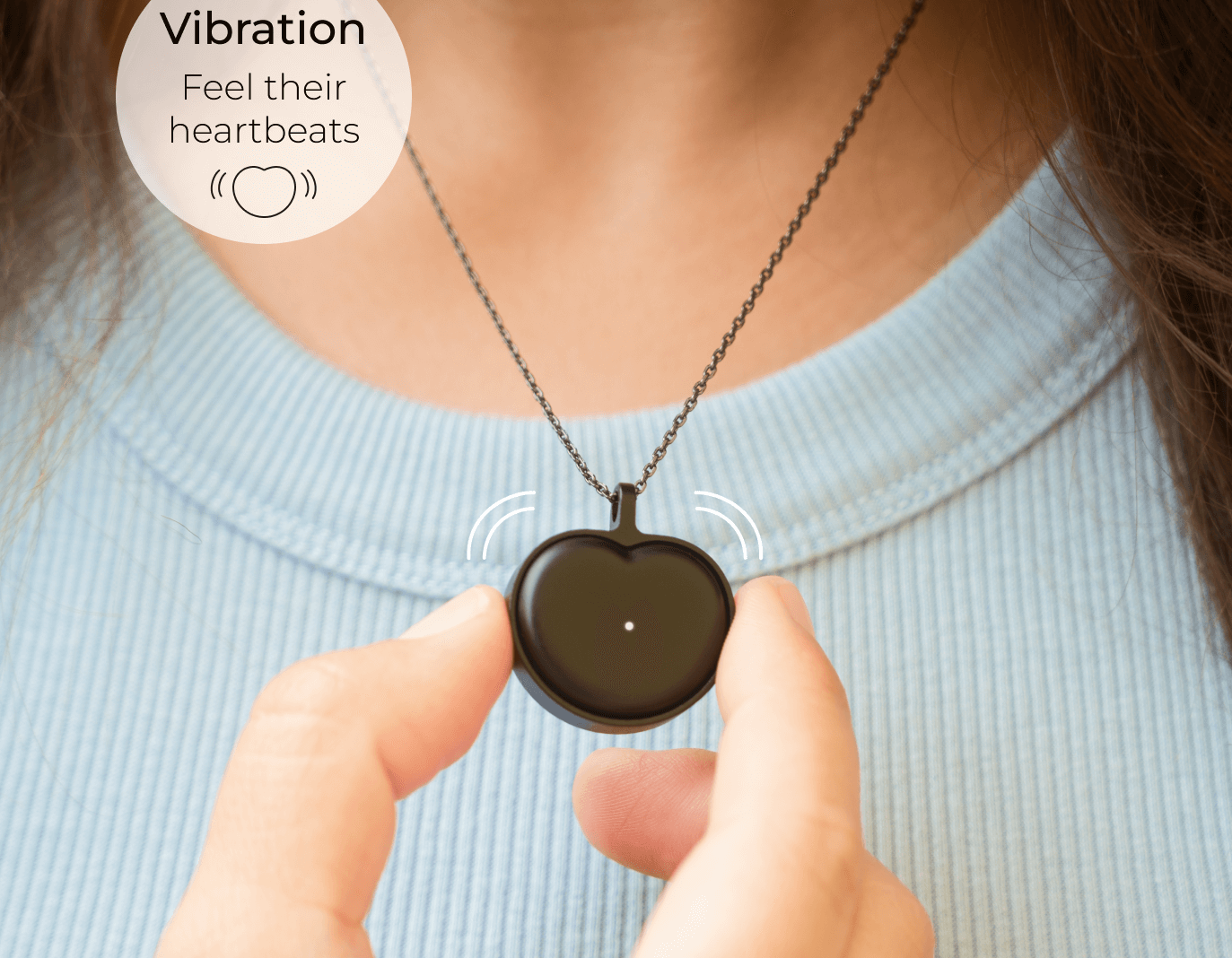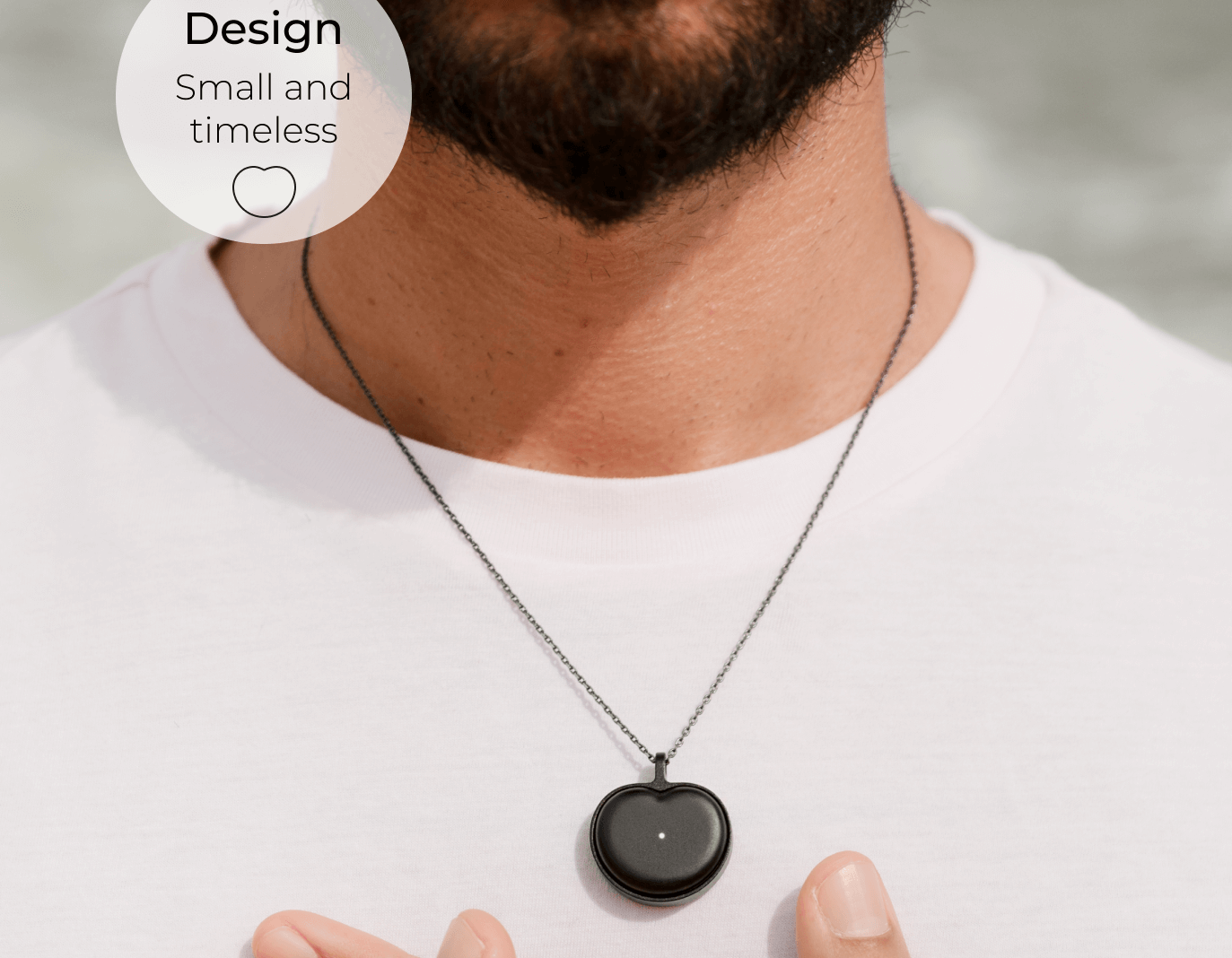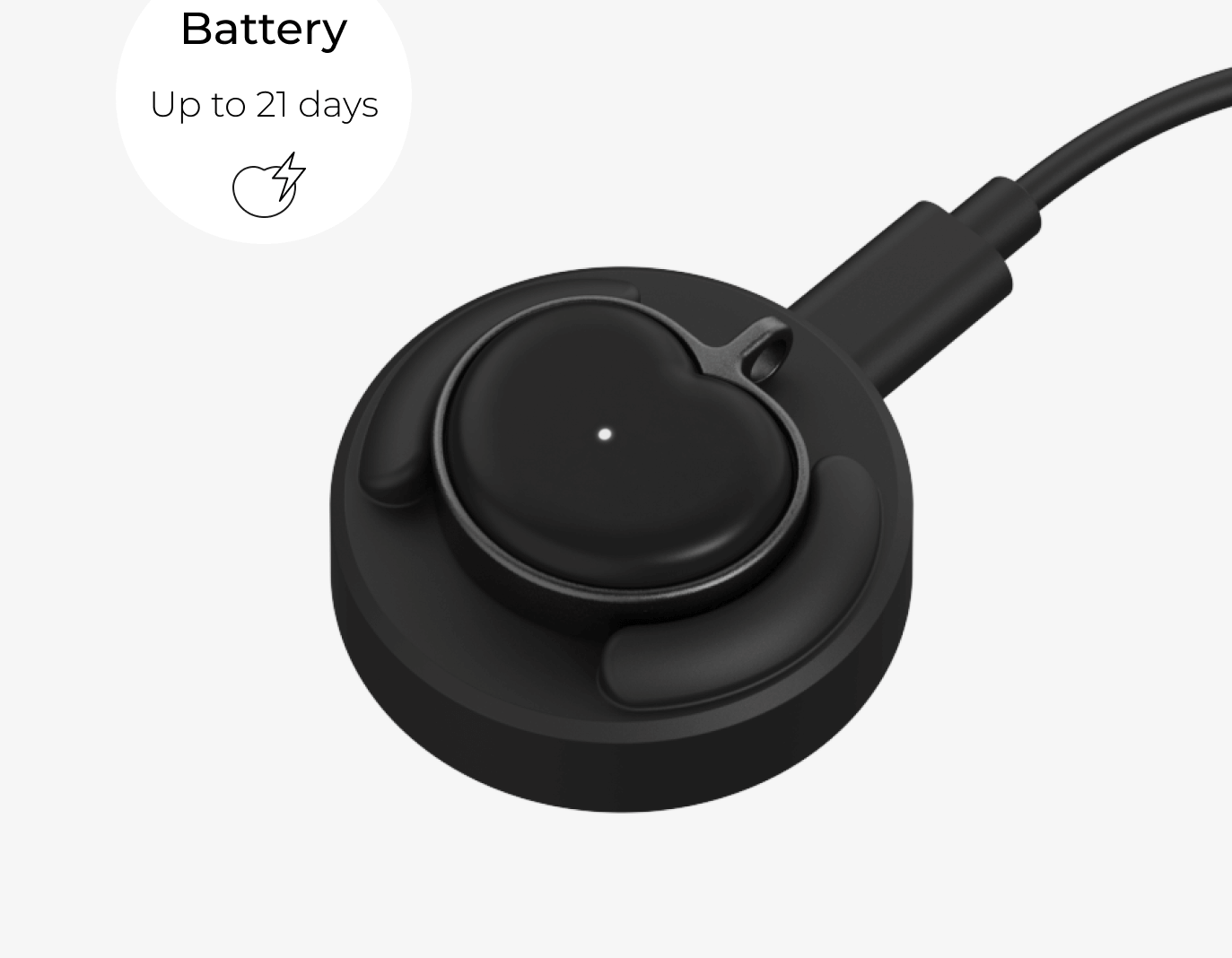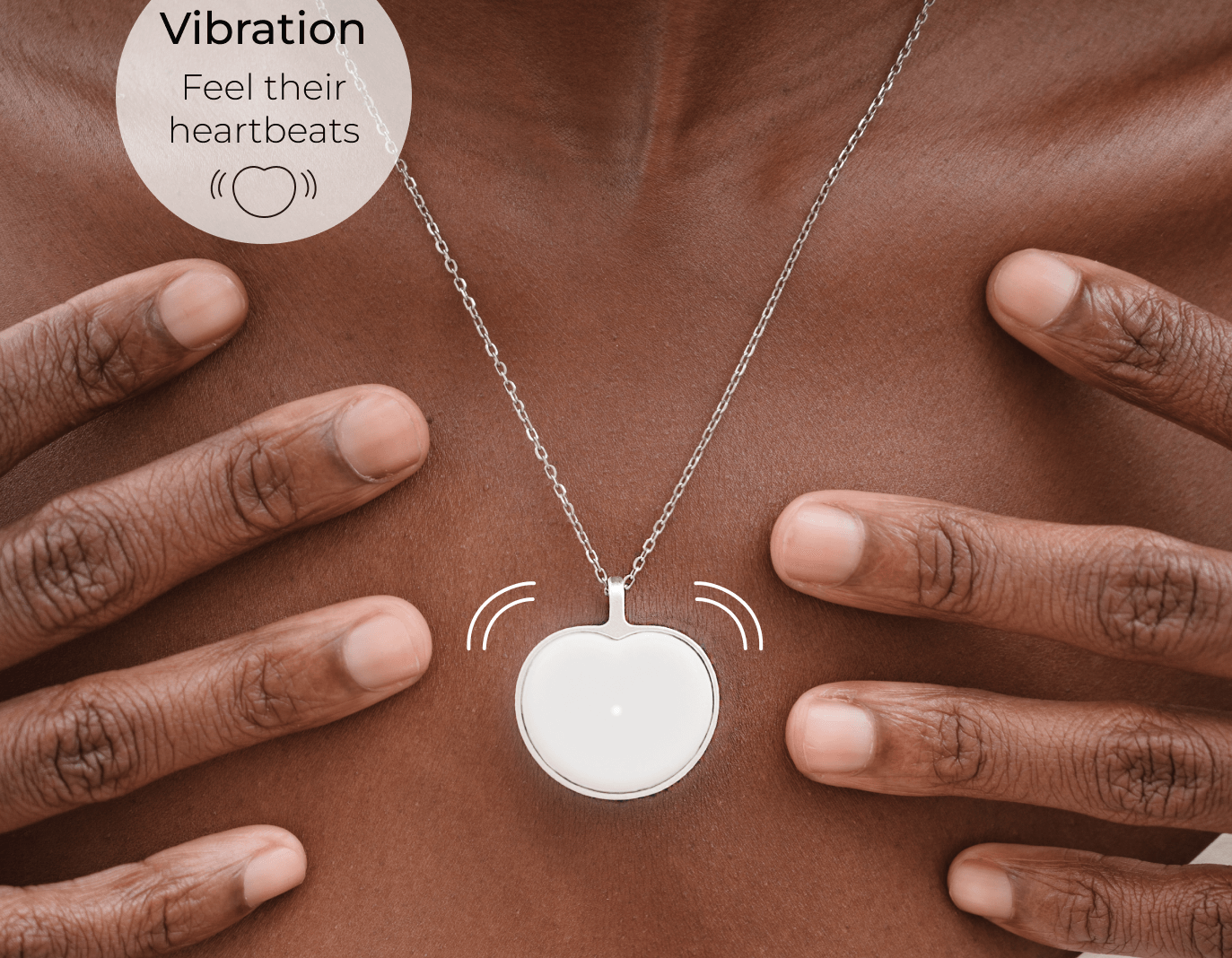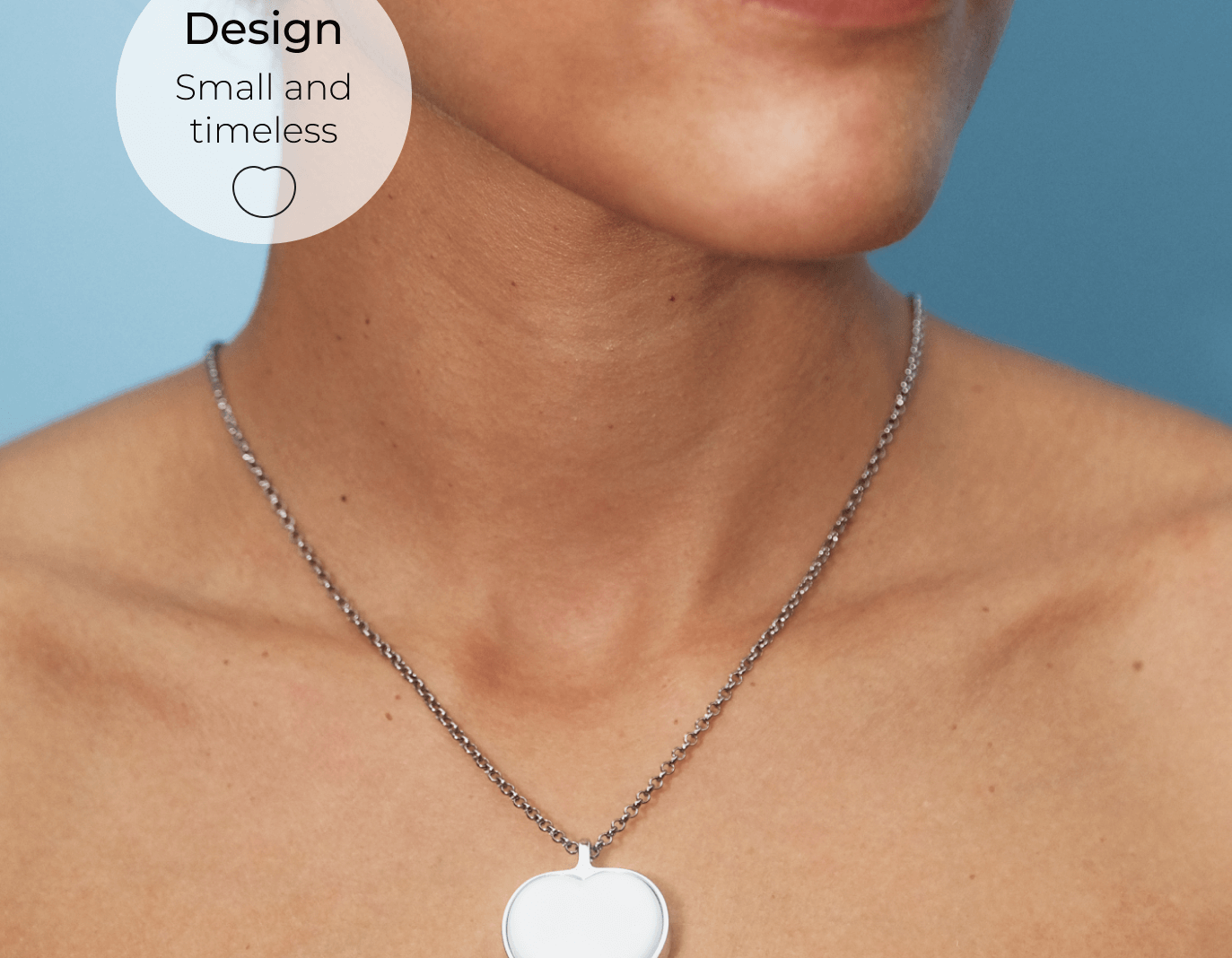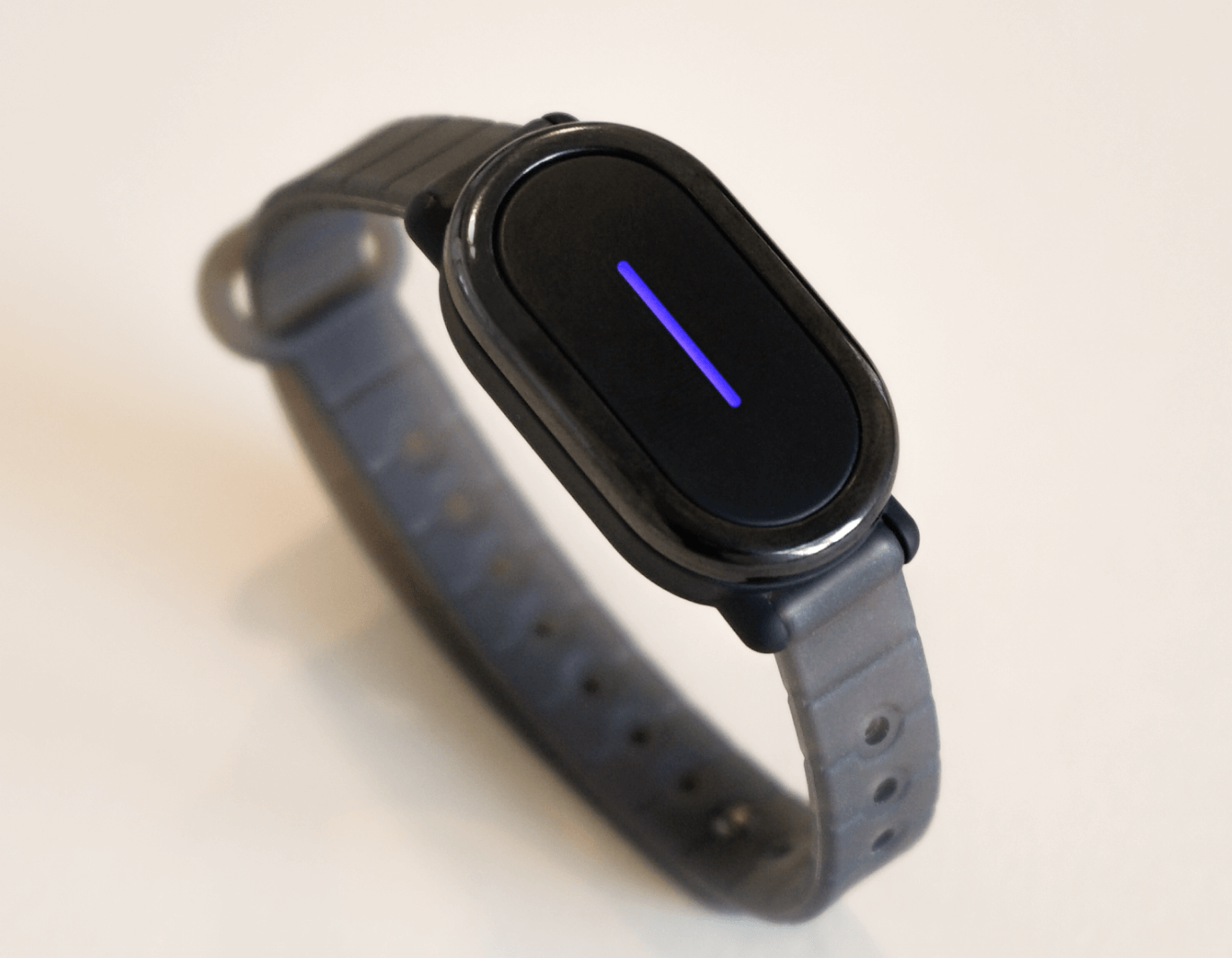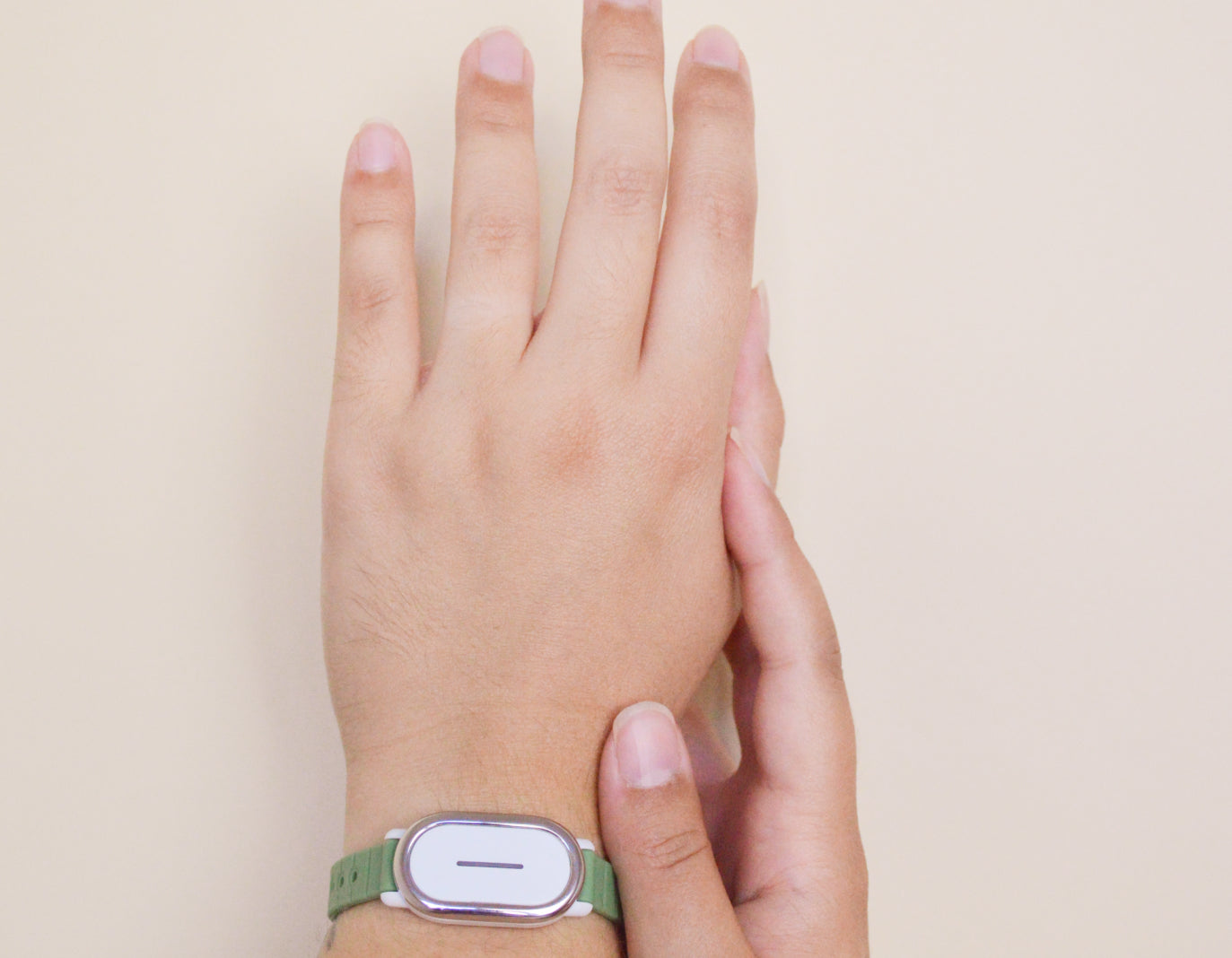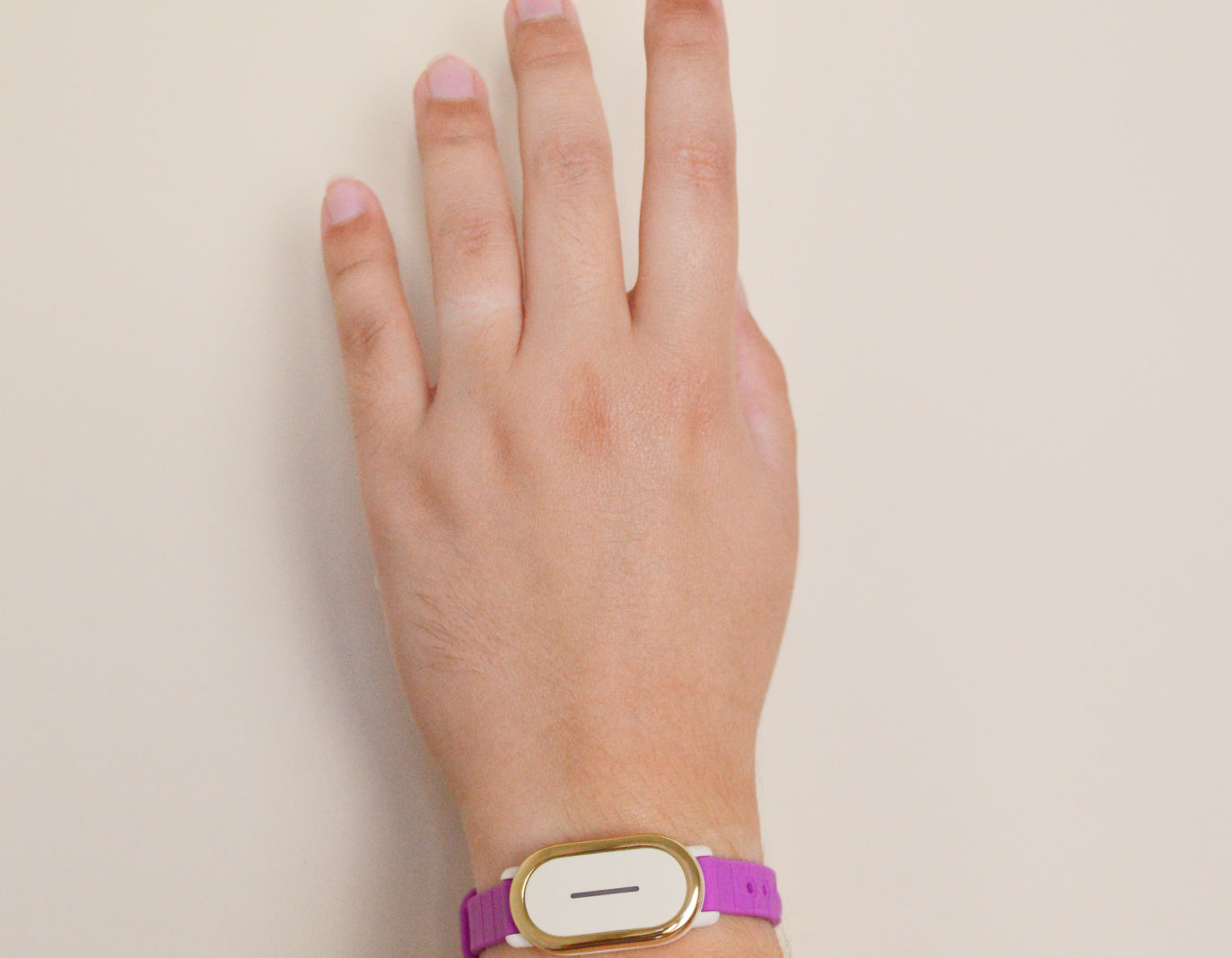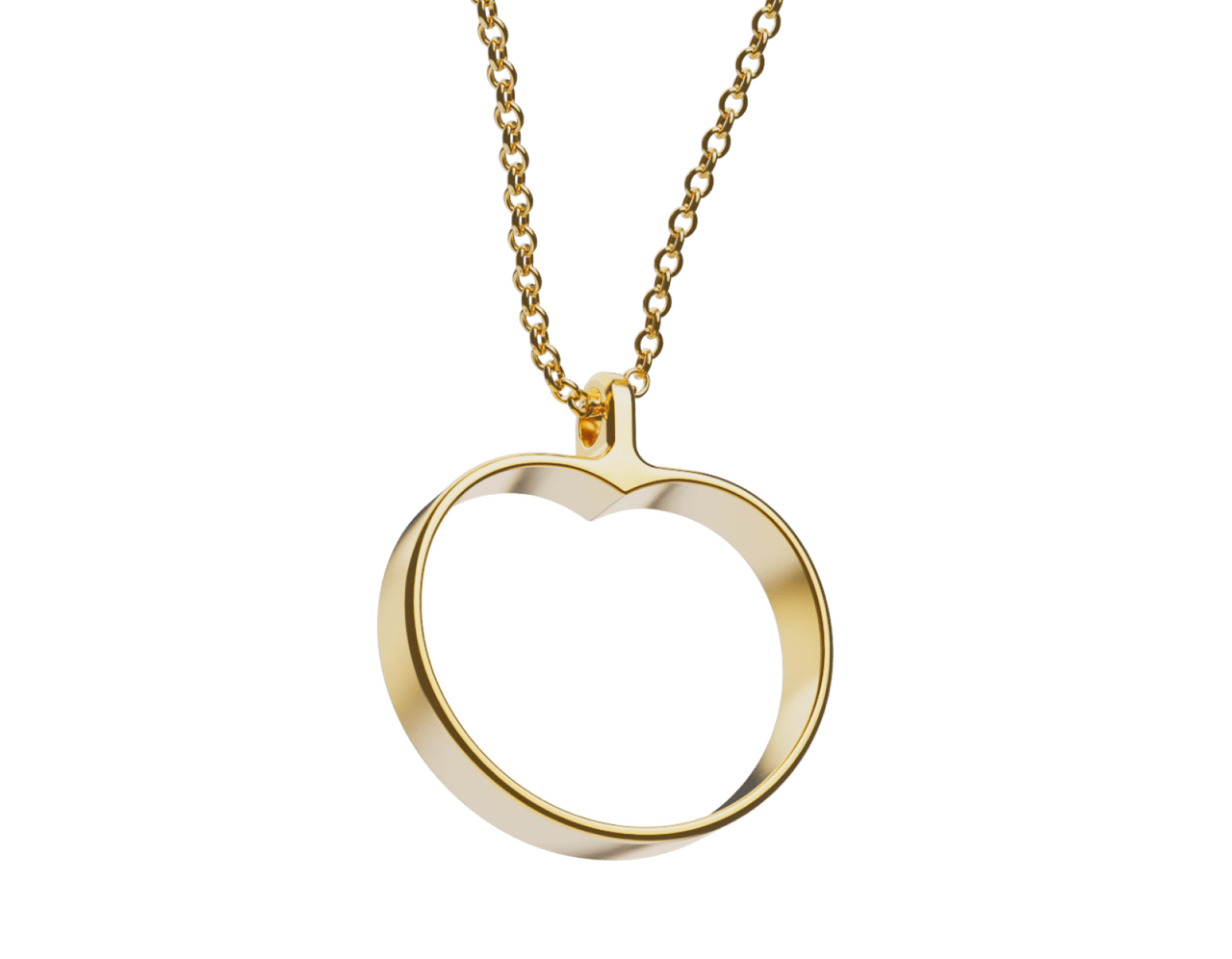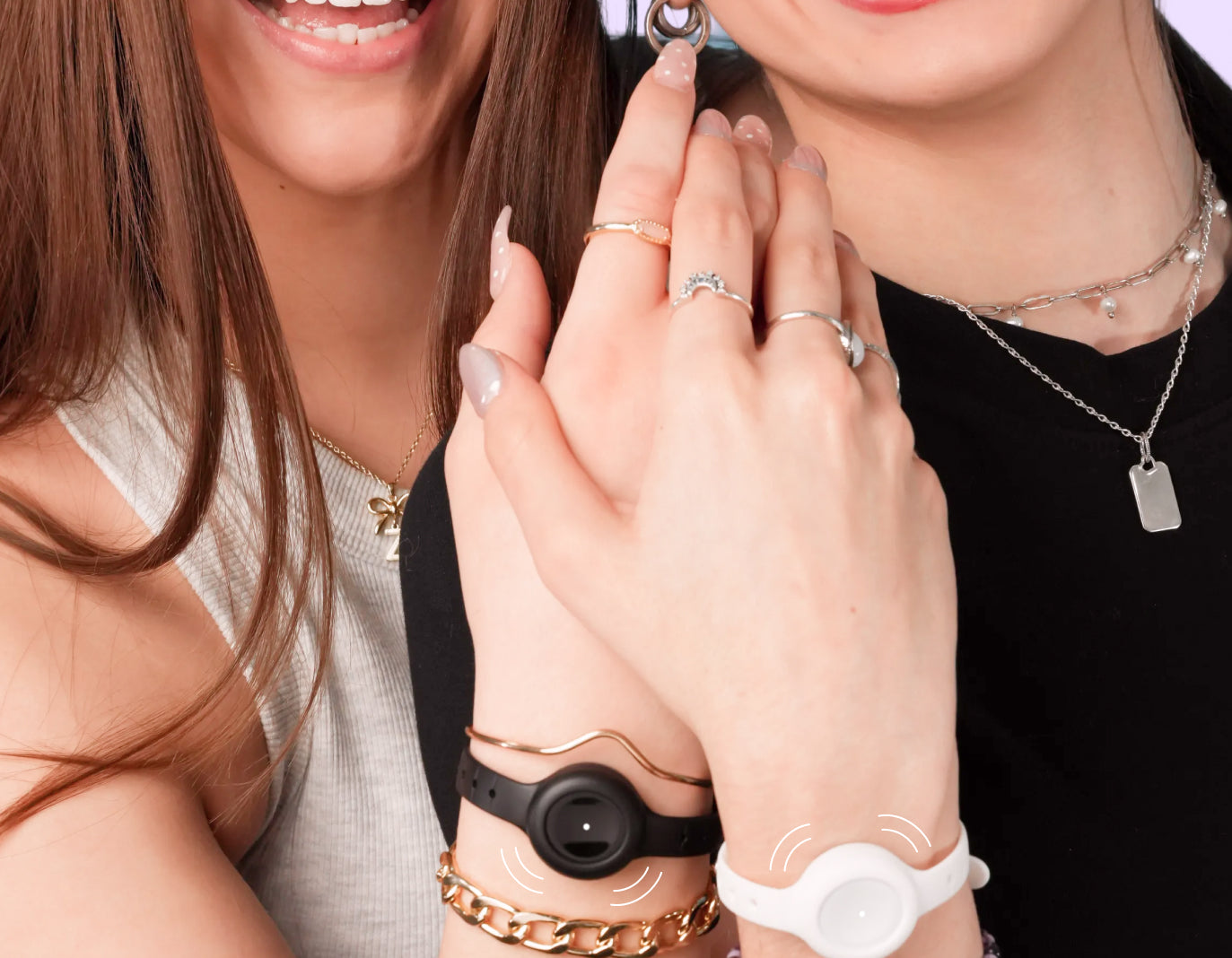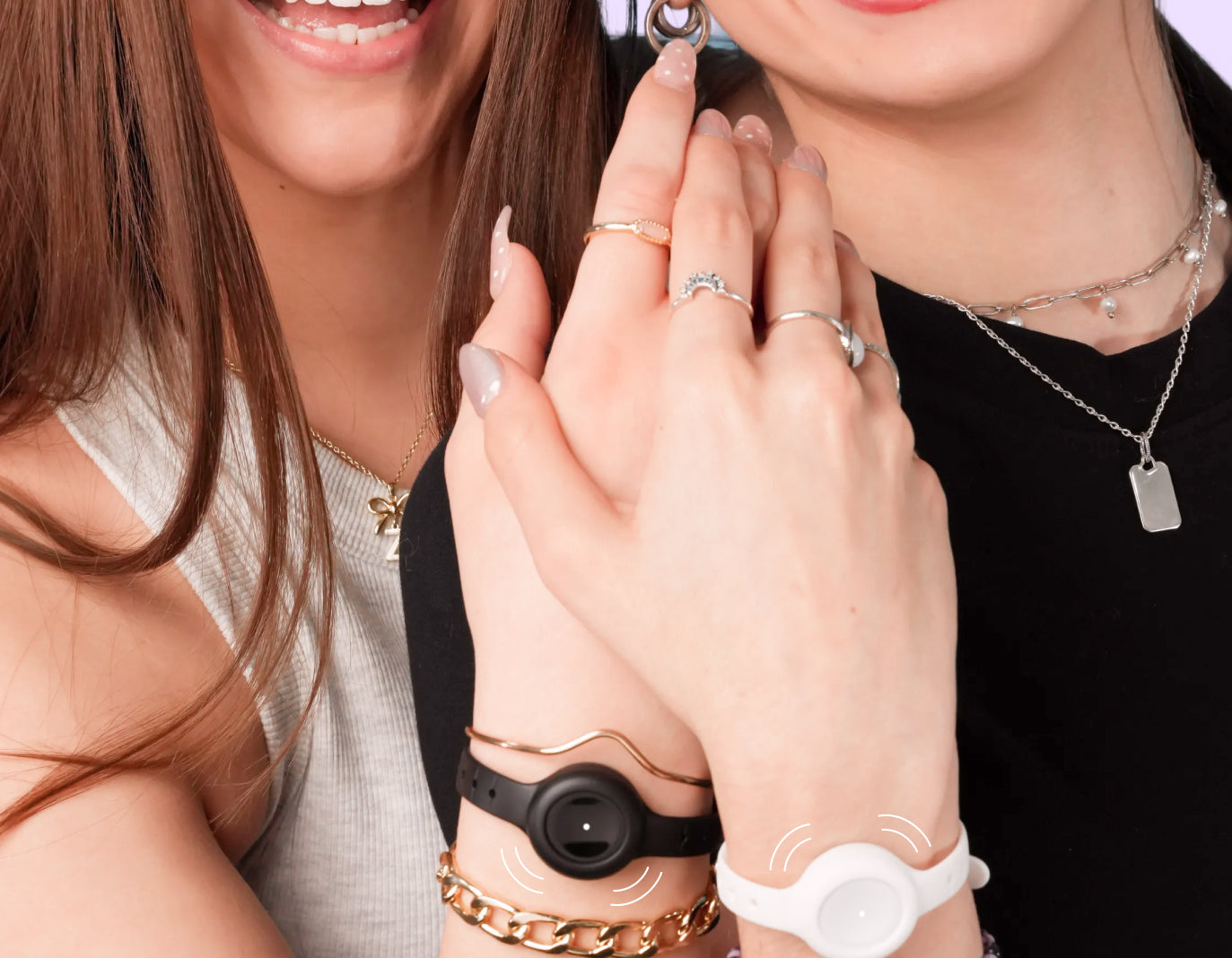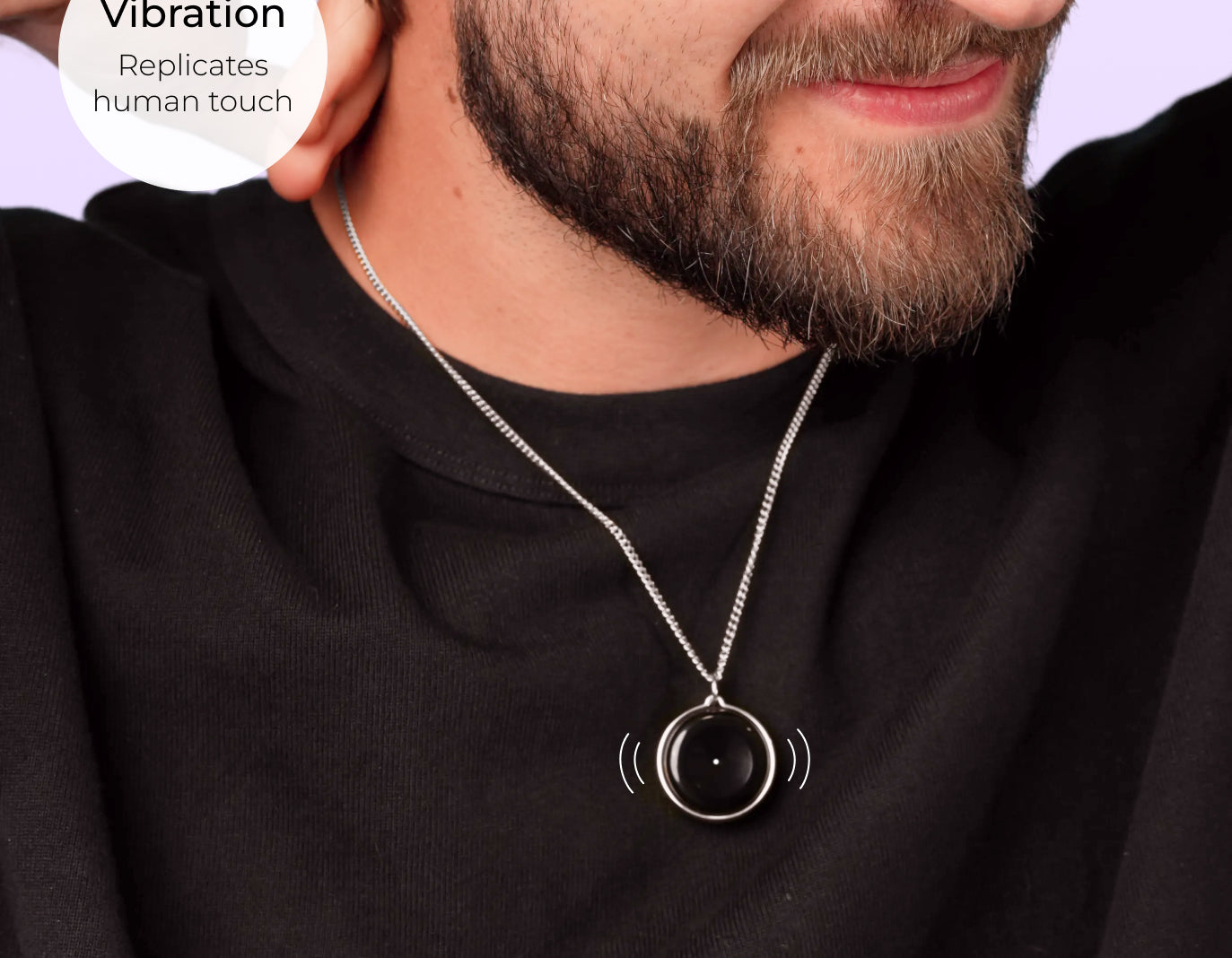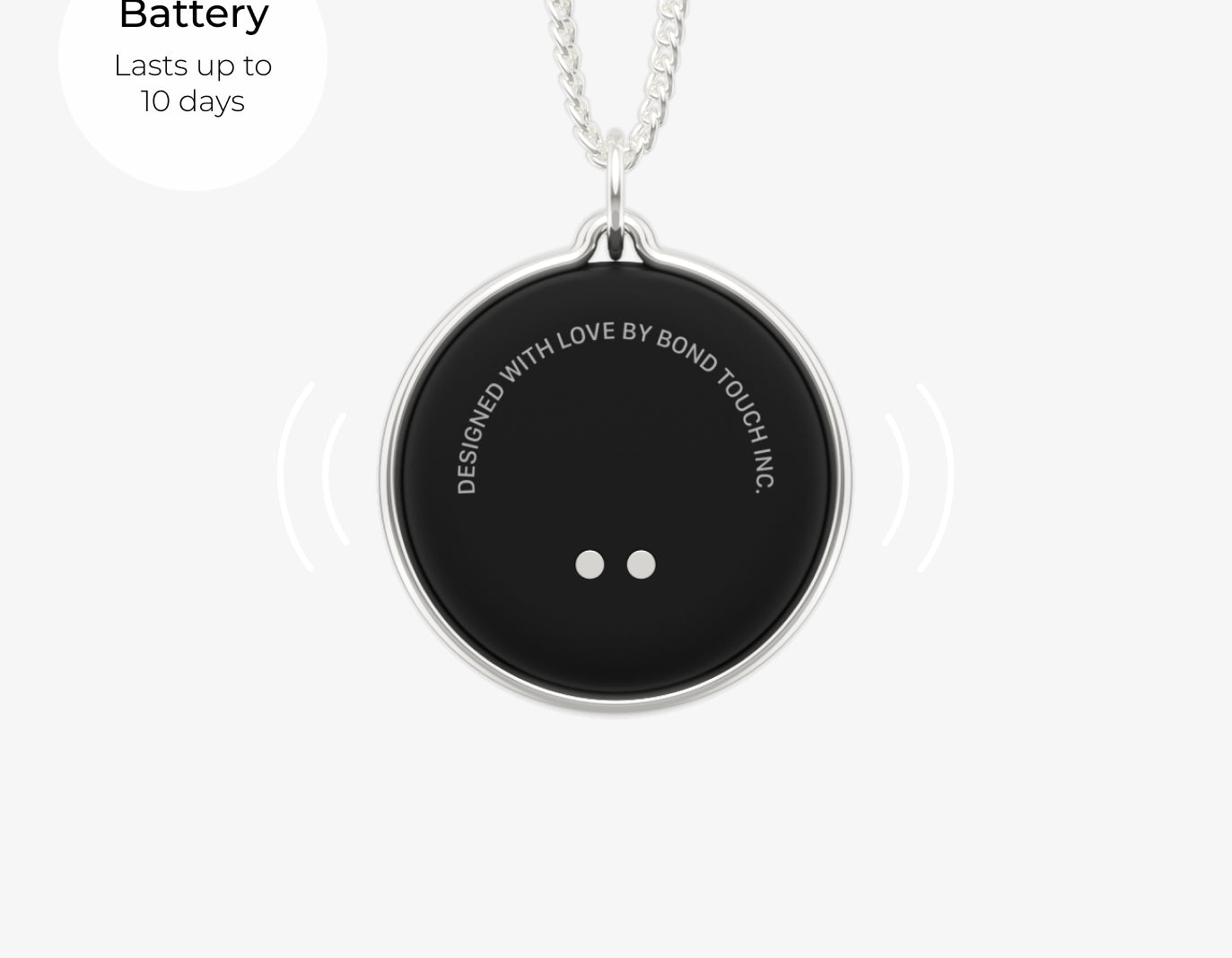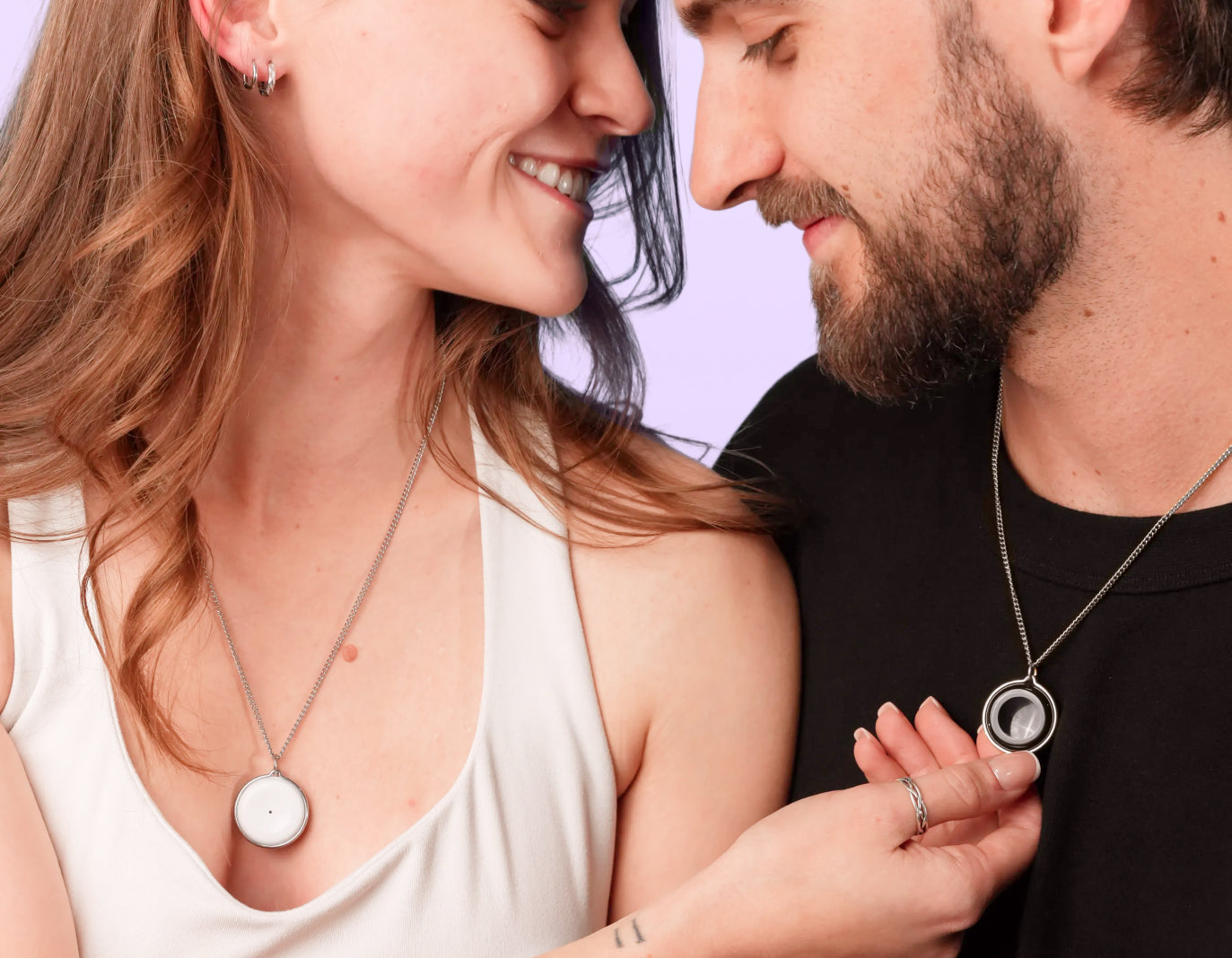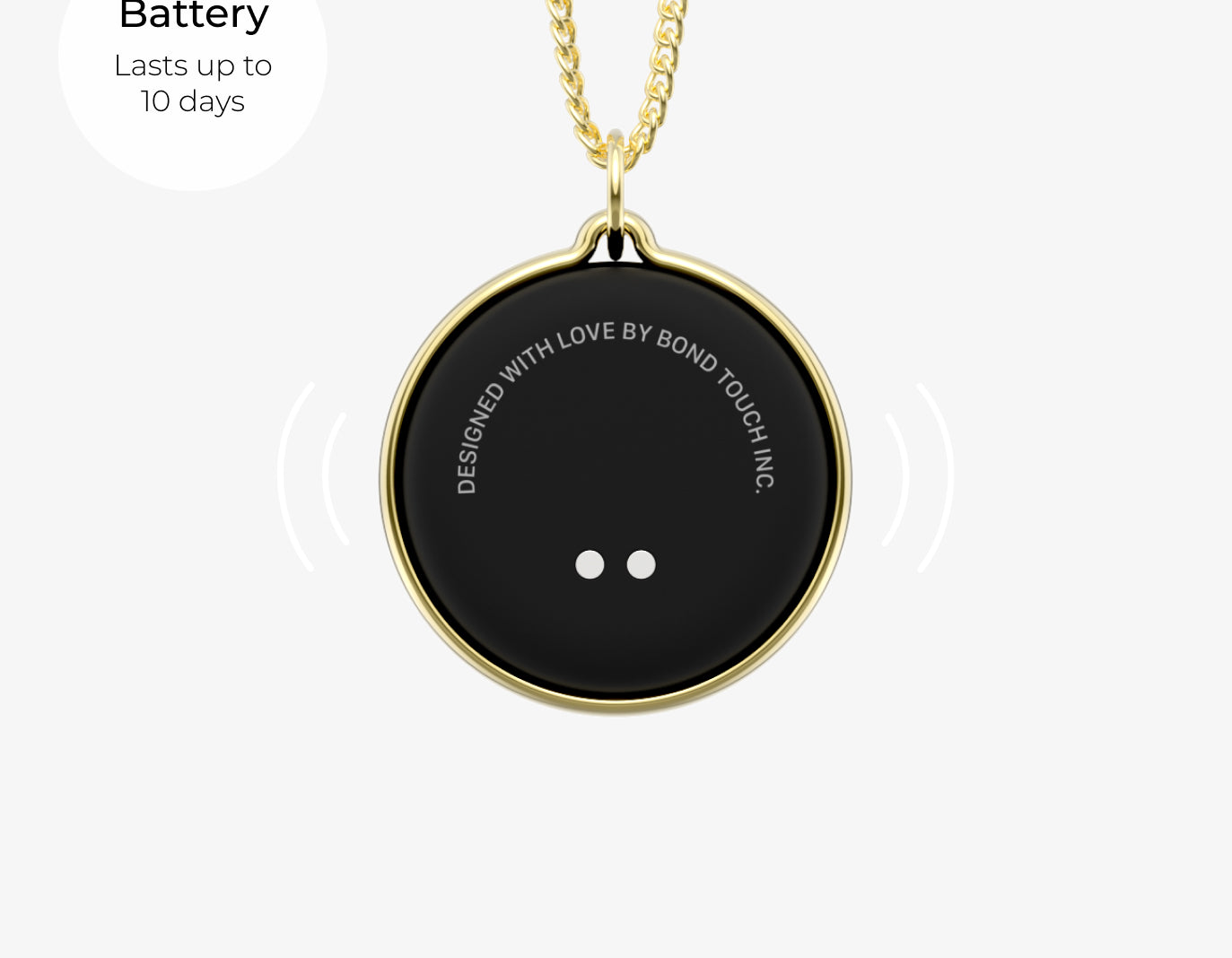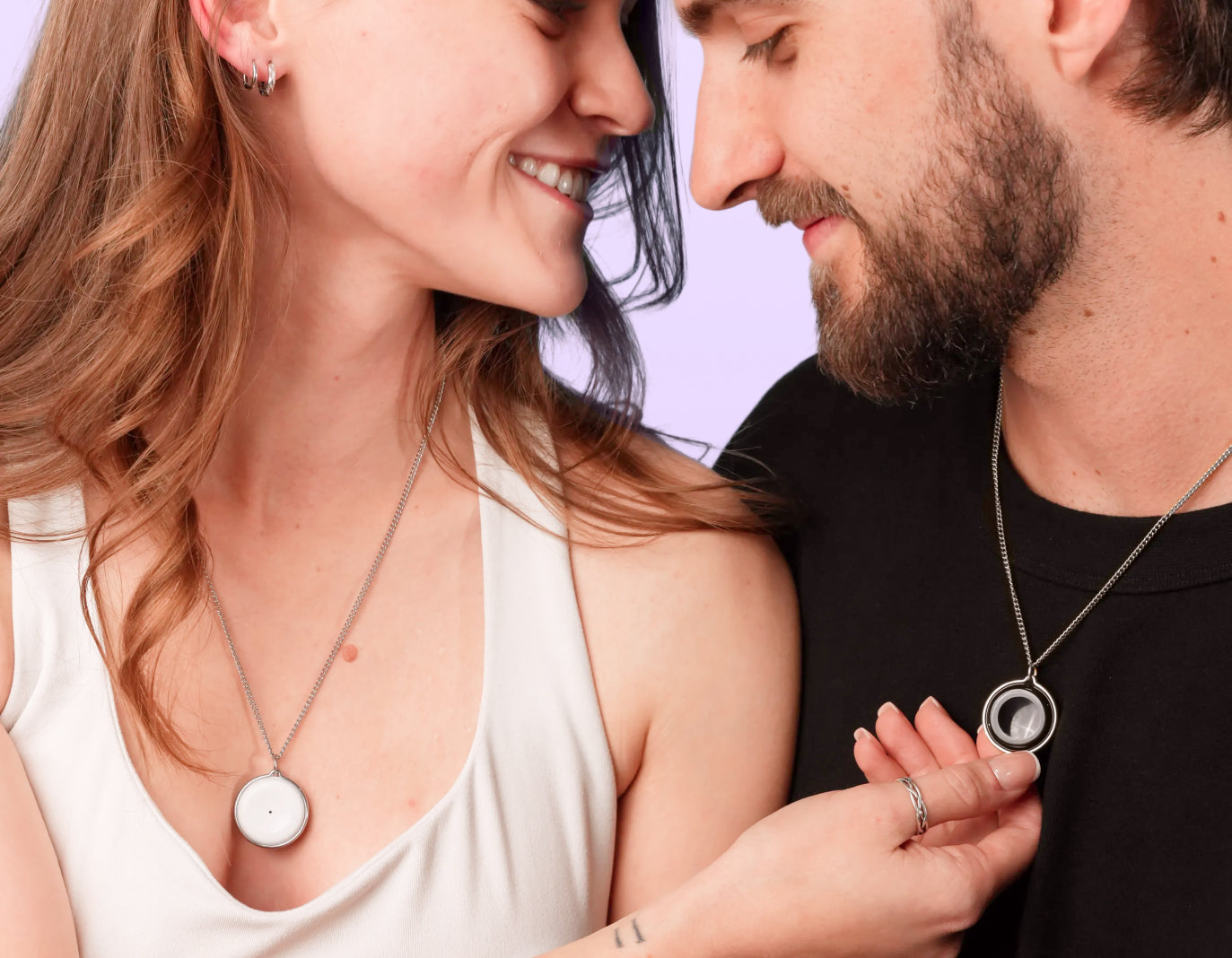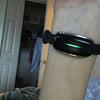When your happily-ever-after is just a green card away
For Kumar, moving to America was inevitable.
“I wanted to do music… it’s my main focus in life,” Kumar said. “Music was not a career choice for Indians at the time. Indian kids who are sent to the US are always expected to become doctors and engineers. It’s what Indian parents want their children to do.”
So, he compromised.
“I was looking for college opportunities where they had computer science tied up with music programs. Like a dual degree,” Kumar said.
His guitar teacher pushed him to look at specific music schools, including his future university: the Berklee College of Music.
Kumar applied for an F-1 Student Visa. It was a lengthy process.
“There’s like a million documents you have to fill out. All sorts of ridiculous documents,” Kumar said. “I was used to it because anywhere I go I have to fill out paperwork to get a visa because the Indian passport isn’t as strong as an American passport.”
After giving all the information needed for the visa, he moved to the U.S. and began his college program. That’s where he met Audrey Owen, his future wife.
Kumar applied for the OPT, optional practical training, during his senior year of college. Optional practical training is a form of work permission for eligible F-1 students. They are allowed to gain work experience related to what they have studied.
“It’s more like a work authorization. It allows you to work a year after college,” Kumar said. “But, then, my F-1 visa expired. I could still stay in the country and work as long as I had my work authorization.”
Kumar attempted to get the company that he worked for to become e-verified. But after three years of dating Owen and getting ready to pop the question, Kumar’s original engagement plans were completely derailed: his employer decided they were unable to accommodate his work visa and give him an extension.
“I was trying to figure out my visa situation and, at the same time, I wanted to propose to her, but I didn’t want it to seem like I was wanting to get married like ‘yeah, I want to get this green card,’” Kumar said. “Now all I was thinking about was ‘oh, she’s just going to think I’m doing this to stay in the country.”

The original plan was this:
When both sets of parents met for the very first time, Kumar’s mother brought with her a trio of rings in order for him to propose with. The three rings would symbolize Kumar and Owen’s three year-long relationship.
Kumar just had to find the right time to do it. He tried twice: once on their anniversary and once on Halloween. The first time, he decided both of them were too tired. The second time, Owen discovered the box after having felt it in his jacket pocket of his costume.
Being a “terrible liar,” according to Owen, Kumar fessed up and revealed to her that he had been planning on proposing.
He proposed a week later at the trendy Dumbo neigbhourhood in Brooklyn. Righy in front of the carousel.
The couple found a lawyer to help them through the green card process. Owen and Kumar had to apply for an I-485, an application to register permanent residence or adjust status.
“Through the marriage process,” Kumar said. “What happens is you get pushed way up to the front of the line.”
At the same time, Kumar applied for travel authorization and work authorization.
“We have to show pictures of us together… legal documents with both our names on them… Whether it be letters sent to us at our address, our lease…” Kumar started.
They continued to list off all of the possible forms of proof that they’re together: phone bills, electric bills, items that show that they have traveled together, that they have lived together, their wedding photos, rental materials for the wedding, any evidence that there were people at the wedding as witnesses.
Then Owen, as the U.S. citizen, had to be able to prove that she would be able to support Kumar financially throughout the whole green card process.
“It ended up being a lot of money and it was far more than I was making as a nanny-actor,” Owen said.
“So her dad is my co-sponsor,” Kumar said.
“So my dad had to send in all of his documents,” Owen said. “Because my stuff wasn’t enough, financially, to keep him.”
It ended up being a long ordeal. The government asked that they send Owen’s father’s passport, but it had expired, so they had to get a hold of her father’s birth certificate.
They weren’t able to find it.
Unable to find her father’s birth certificate, Owen had to track it down and apply for a copy from the hospital where he was born in 1946.
Along with that, Kumar was planning on attending an appointment with a government-certified physician to complete yet another part of the process and have his biometrics.
Then the pandemic hit.
Kumar’s appointment, originally arranged for April, was pushed to November. They have yet to hear back on when their interview for the green card is, a process that normally takes a year and a half.
Kumar’s work permit and travel authorization have been approved.
“It’s a very painful process,” Kumar said. “That’s my life story. As incoherent as it is. It is what it is… I don’t regret any of it.”











